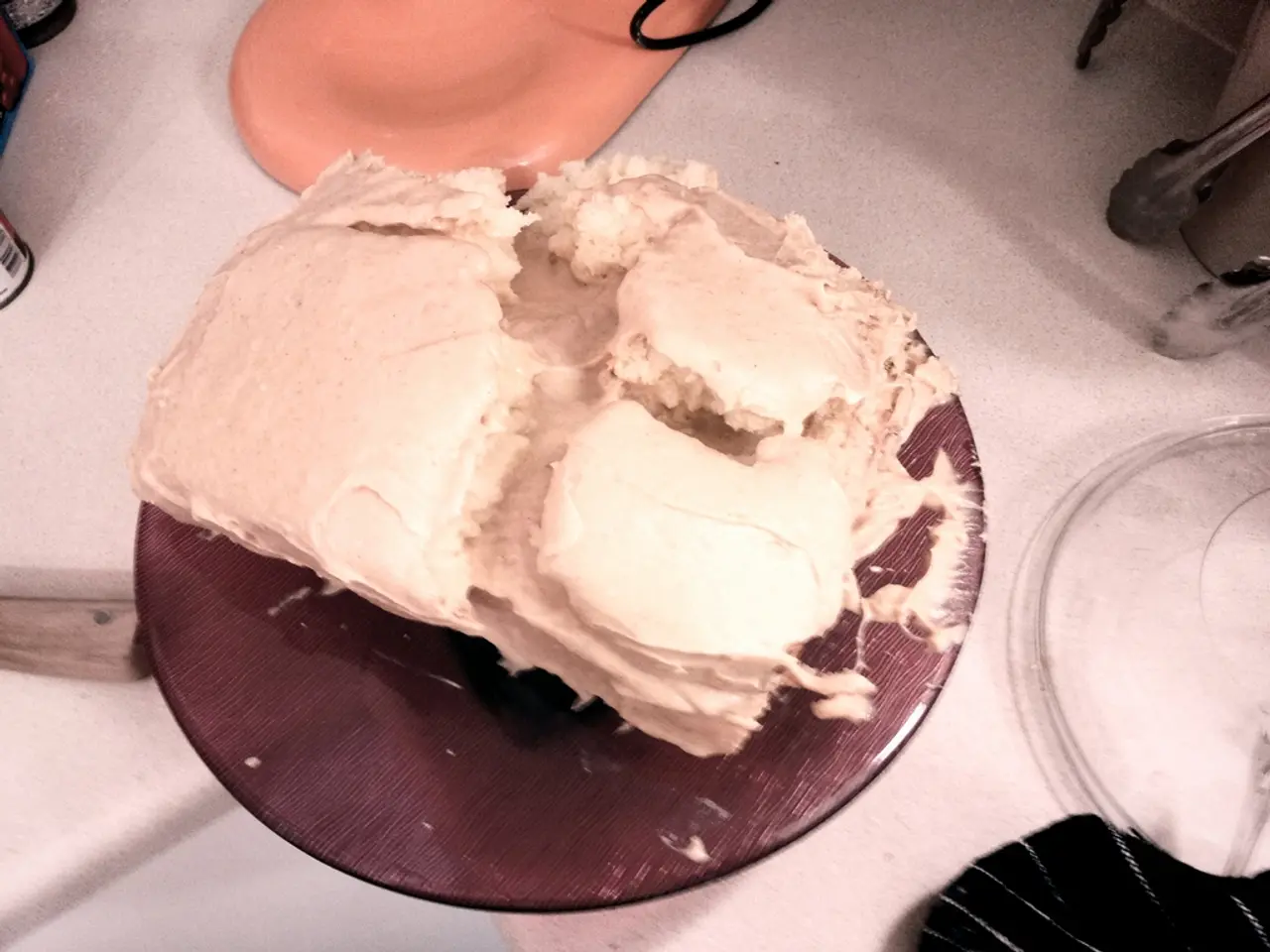Understanding Lichen Sclerosus: An Overview
=====================================================================
Lichen Sclerosus (LS) is a chronic inflammatory skin condition that can affect individuals of any age, but is most commonly diagnosed in postmenopausal women. This condition is characterised by white patches of skin that can become thin, fragile, and prone to tearing.
Common symptoms of LS include itching, discomfort, pain during intercourse, skin fragility and tearing, changes in skin texture, scarring, painful urination, and urinary incontinence in rare cases.
While the exact cause of LS remains unclear, it is believed to involve an autoimmune response. Specifically, an immune system dysfunction where lymphocytes attack the skin is thought to be a key factor. Other contributing factors include genetic factors, hormonal changes (especially related to lower estrogen levels), and skin injury or trauma.
Despite these associations, no single definitive trigger is identified, and LS is considered a complex condition with multiple causes. Triggers frequently mentioned for similar conditions like lichen planus include allergens, infections, and stress, but these are not conclusively linked to LS.
Managing LS symptoms can be challenging, but there are several strategies that may provide relief. Warm baths with oatmeal and Epsom salts can help alleviate itching and discomfort. Regular use of emollients can help keep the skin hydrated and reduce irritation. Moisturizing creams and oils, such as coconut oil, aloe vera gel, and fragrance-free, hypoallergenic emollient creams, can also help.
Dietary adjustments, such as incorporating anti-inflammatory foods, fruits, vegetables, and omega-3 fatty acids, can support skin health. Herbal remedies like chamomile and turmeric may offer additional relief from LS symptoms.
Stress management techniques, such as meditation and gentle yoga, can help reduce stress levels, which can exacerbate LS symptoms. Education and support, through joining support groups or seeking counseling, can help individuals cope with the emotional aspects of living with LS.
Early diagnosis and treatment can help manage symptoms effectively and prevent complications. Treatment options include topical treatments like high-potency corticosteroids and calcineurin inhibitors, and oral medications in more severe cases. Phototherapy, involving exposure of the affected skin to ultraviolet light under medical supervision, is another treatment option.
Practicing good hygiene is crucial for managing LS. Maintaining proper hygiene is essential for managing the condition. Communicating openly with your healthcare provider can lead to better management of the condition.
If you are experiencing any of these symptoms, it is important to seek medical advice. Diagnosis of LS involves recognising symptoms, consulting a healthcare professional, and possibly undergoing skin biopsy or blood tests.
While there is currently no cure for LS, with the right management strategies, it is possible to live comfortably with the condition. Seeking emotional support from therapists, counselors, support groups, and online communities can provide coping strategies and emotional support.
Remember, everyone's experience with LS is unique, and what works for one person may not work for another. It's important to work closely with your healthcare provider to find the best management strategies for you.
References:
[1] American Academy of Dermatology. (2021). Lichen Sclerosus. [online] Available at: https://www.aad.org/public/diseases/a-z/lichen-sclerosus-treatment
[2] National Institute of Arthritis and Musculoskeletal and Skin Diseases. (2021). Lichen Sclerosus. [online] Available at: https://www.niams.nih.gov/health-topics/lichen-sclerosus
[3] British Association of Dermatologists. (2021). Lichen Sclerosus. [online] Available at: https://www.bad.org.uk/for-the-public/patient-information-leaflets/lichen-sclerosus
[4] Mayo Clinic. (2021). Lichen Sclerosus. [online] Available at: https://www.mayoclinic.org/diseases-conditions/lichen-sclerosus/symptoms-causes/syc-20353447
[5] UpToDate. (2021). Lichen Sclerosus. [online] Available at: https://www.uptodate.com/contents/lichen-sclerosus-beyond-the-basics
- Engaging in health-and-wellness practices, such as a balanced diet rich in anti-inflammatory foods, stress management techniques, and regular exercise, can potentially contribute to improved women's health, including the management of skin conditions like Lichen Sclerosus.
- Medical research and resources on women's health, including the condition Lichen Sclerosus, can be found through reputable organizations such as the American Academy of Dermatology, National Institute of Arthritis and Musculoskeletal and Skin Diseases, British Association of Dermatologists, Mayo Clinic, and UpToDate.




